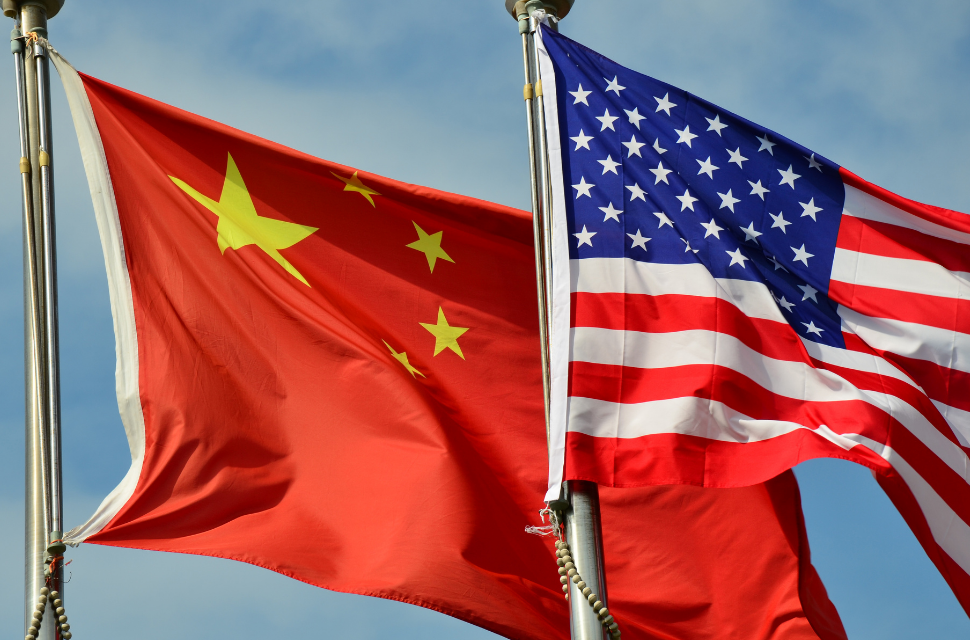
Read More Leer más Join the discussion Participa en la discusión
• InequalityLa DesigualdadIntellectual PropertyPropiedad Intelectual

Read More Leer más Join the discussion Participa en la discusión
• Economic Crisis and RecoveryCrisis económica y recuperación

Read More Leer más Join the discussion Participa en la discusión
Read More Leer más Join the discussion Participa en la discusión
Read More Leer más Join the discussion Participa en la discusión
• Economic Crisis and RecoveryCrisis económica y recuperación

Read More Leer más Join the discussion Participa en la discusión
Read More Leer más Join the discussion Participa en la discusión
• Globalization and TradeGlobalización y comercioInequalityLa Desigualdad

Read More Leer más Join the discussion Participa en la discusión
The New York Times reported on the decision by the Food and Drug Administration to approve the drug aducanumab, as a treatment for Alzheimer’s disease. According to the piece, it is the first new treatment for the disease in almost two decades.
As the article makes clear, there is no consensus in the scientific community about the effectiveness of the drug. The clinical trials for the drug were not conclusive, according to several experts cited in the piece, and the drug has harmful side effects, the risk of which can easily outweigh any potential benefits.
As the piece points out, the drugs manufacturer Biogen, stands to make billions of dollars from aducanumab. This gives it a strong incentive to overstate the benefits and downplay the risks. This means that it may pay physicians and patient advocacy groups to promote the drug. (I’m one of those old-fashioned economists who believe that people respond to incentives.)
If the government did not rely on patent monopolies to finance the development of drugs, it would mean that no one would have the same sort of incentive to push drugs that are not safe and effective.
The New York Times reported on the decision by the Food and Drug Administration to approve the drug aducanumab, as a treatment for Alzheimer’s disease. According to the piece, it is the first new treatment for the disease in almost two decades.
As the article makes clear, there is no consensus in the scientific community about the effectiveness of the drug. The clinical trials for the drug were not conclusive, according to several experts cited in the piece, and the drug has harmful side effects, the risk of which can easily outweigh any potential benefits.
As the piece points out, the drugs manufacturer Biogen, stands to make billions of dollars from aducanumab. This gives it a strong incentive to overstate the benefits and downplay the risks. This means that it may pay physicians and patient advocacy groups to promote the drug. (I’m one of those old-fashioned economists who believe that people respond to incentives.)
If the government did not rely on patent monopolies to finance the development of drugs, it would mean that no one would have the same sort of incentive to push drugs that are not safe and effective.
Read More Leer más Join the discussion Participa en la discusión
• COVID-19CoronavirusInequalityLa DesigualdadIntellectual PropertyPropiedad Intelectual

Read More Leer más Join the discussion Participa en la discusión
